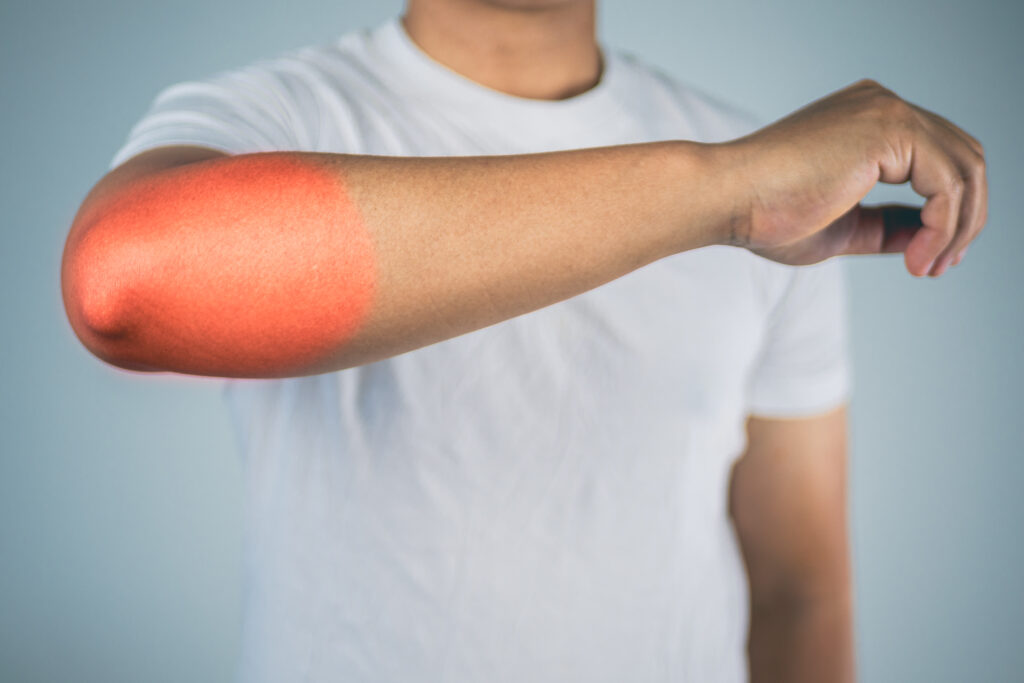If you've ever experienced a headache, you know how debilitating it can be. Fortunately, there are natural methods that can help alleviate that discomfort without resorting to medication. From essential oils to herbal remedies, you might find relief in ways you hadn't considered. Acupressure techniques and staying hydrated can also play significant roles in managing headaches. But what lifestyle changes can further enhance your overall well-being? Exploring these options may just lead you to a more effective headache management strategy.
Essential Oils for Headache Relief
When you're dealing with a pounding headache, essential oils can provide a natural and effective relief option. These concentrated plant extracts are versatile and can ease your discomfort in several ways. You can inhale them, apply them topically, or use them in a diffuser to create a calming environment.
Peppermint oil is one of the most popular choices for headache relief. Its menthol content can help relax muscles and improve blood circulation. Simply dilute a few drops with a carrier oil and apply it to your temples. You'll likely feel a cooling sensation that helps alleviate tension.
Lavender oil is another excellent option. Known for its calming properties, it can reduce stress and promote relaxation, which is vital when you're dealing with a headache. You can add a few drops to your pillow or inhale it directly from the bottle for soothing effects.
Eucalyptus oil might be helpful if your headache is sinus-related. Its anti-inflammatory properties can clear nasal passages and relieve pressure. Mix it with a carrier oil and massage it onto your forehead and sinus areas.
Lastly, chamomile oil can provide a soothing effect, especially if stress triggers your headaches. You can use it in a bath or diffuse it in your living space.
Incorporating essential oils into your headache relief routine can be a simple yet effective strategy to help you feel better naturally. Just remember to use them safely and consult with a healthcare provider if you have any concerns.
Herbal Remedies to Consider
Several herbal remedies can provide relief from headaches, each offering unique properties that may help alleviate your discomfort.
One popular option is peppermint. Its menthol content can relax muscles and improve blood circulation, making it effective for tension headaches. You can apply diluted peppermint oil to your temples or sip peppermint tea for a soothing effect.
Another well-known remedy is ginger, which has anti-inflammatory properties that can reduce headache intensity. You might find relief by drinking ginger tea or chewing on fresh ginger root.
Similarly, feverfew is a herb that some studies suggest may help prevent migraines. Consider taking feverfew supplements or drinking feverfew tea regularly.
Chamomile is another calming herb that can ease tension and promote relaxation, potentially reducing headache symptoms. Drinking chamomile tea before bed can also help improve sleep quality, which might reduce your headache frequency over time.
If you're looking for something more traditional, willow bark has been used for centuries as a natural pain reliever. It contains salicin, which is similar to aspirin. You can find it in various forms, such as capsules or teas. Just be cautious if you have allergies to salicylates.
Lastly, try incorporating lavender into your routine. Its calming scent can relieve stress, and you can use it in oil form or as an herbal tea.
Acupressure Techniques
If you're exploring natural headache relief methods, acupressure techniques can be a valuable addition to your toolkit. Acupressure is based on traditional Chinese medicine and involves applying pressure to specific points on the body, promoting relaxation and relieving tension. By stimulating these points, you can help alleviate headache symptoms effectively.
One of the most popular acupressure points for headaches is LI4, located between your thumb and index finger. To find it, pinch the webbing between these two fingers, and apply firm, steady pressure for 5-10 minutes. You should feel a slight ache, which indicates that you're on the right spot. This technique can help relieve tension headaches and migraines alike.
Another key point is GB20, situated at the base of your skull, just beneath your skull bone. Use your thumbs to press into this area while tilting your head slightly forward. Hold for about 30 seconds, then release. This point is particularly effective for headaches caused by neck tension or stress.
Lastly, try the Yintang point, located between your eyebrows on the bridge of your nose. Gently press and hold this point for a minute or two. This technique may help calm your mind and reduce anxiety, which can contribute to headaches.
Incorporating these acupressure techniques into your routine can empower you to manage headaches naturally. With a little practice, you'll find relief without relying on over-the-counter medications.
Hydration and Its Importance
Staying hydrated is essential for overall health, especially when it comes to preventing headaches. Dehydration can lead to various health issues, and one of the most common symptoms is, you guessed it, a headache. When your body lacks sufficient fluids, it can trigger pain signals, making you feel uncomfortable and irritable.
To keep your body functioning effectively, aim to drink enough water throughout the day. A good rule of thumb is to consume at least eight 8-ounce glasses of water daily, but individual needs may vary based on factors like activity level and climate. If you're sweating more than usual or consuming diuretics like coffee and alcohol, you'll need to increase your fluid intake.
It's not just plain water that counts; you can also hydrate with herbal teas, fruits, and vegetables. Foods like cucumbers, oranges, and strawberries have high water content and can help boost your hydration levels.
Pay attention to your body's signals. If you notice dark urine, fatigue, or dry skin, these could be signs that you need to drink more fluids.
Incorporating hydration into your daily routine can be simple. Keep a water bottle with you, set reminders to drink, or infuse your water with fruits for added flavor.
Lifestyle Changes for Prevention
Making small lifestyle changes can greatly reduce your risk of experiencing headaches. First, focus on your sleep patterns. Aim for 7-9 hours of quality sleep each night, and establish a consistent sleep schedule. This can help regulate your body's internal clock and minimize headache triggers.
Next, consider your diet. Eating regular meals and staying away from processed foods can help prevent headaches. Incorporate whole foods like fruits, vegetables, whole grains, and lean proteins into your meals.
Don't forget to track your food intake and identify any potential triggers, such as caffeine or certain additives.
Physical activity is another vital factor. Regular exercise can reduce stress and tension, both common headache triggers. Aim for at least 30 minutes of moderate exercise most days of the week.
Whether it's walking, yoga, or cycling, find an activity you enjoy to make it easier to stick with.
Managing stress is important too. Practice relaxation techniques, such as deep breathing, meditation, or mindfulness. These methods can help you cope with daily stressors and reduce the likelihood of tension headaches.
Lastly, pay attention to your posture. Poor posture can lead to muscle tension, especially in your neck and shoulders. Be mindful of your posture when sitting or standing, and take regular breaks if you work at a desk.
Conclusion
Incorporating these natural headache relief methods into your routine can make a real difference in managing your discomfort. Whether it's using essential oils, trying herbal remedies, practicing acupressure, staying hydrated, or making lifestyle changes, you have plenty of options at your fingertips. By taking charge of your health and focusing on these holistic approaches, you can find the relief you need and reduce the frequency of headaches, all without relying on medications. Take the first step today!



